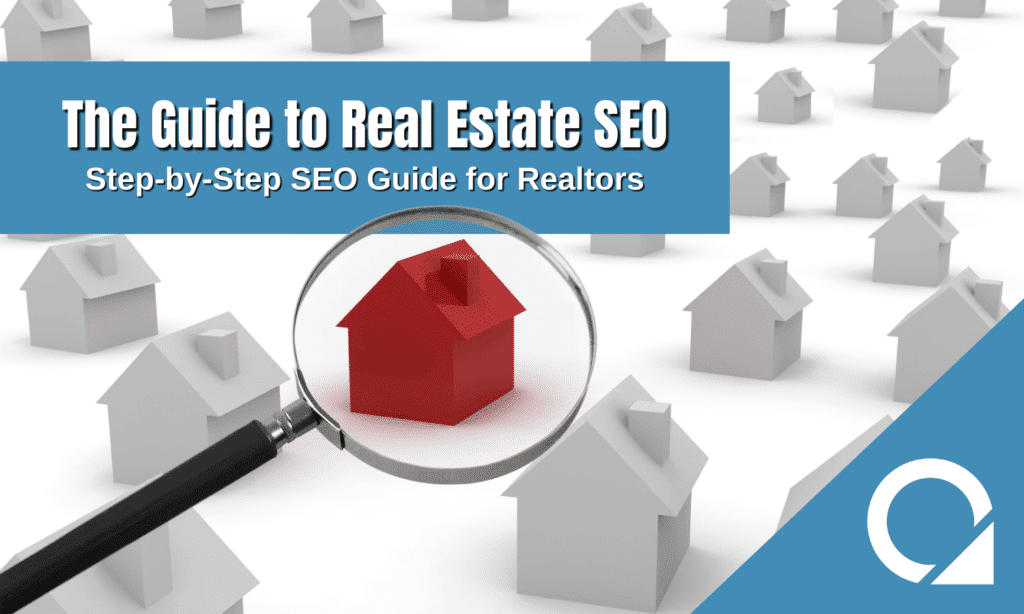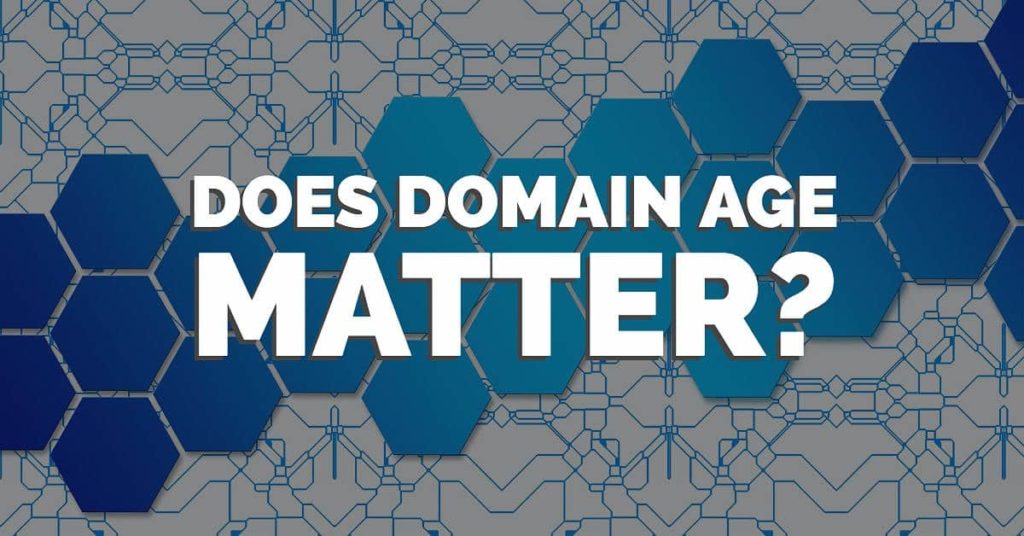Semantic SEO and Entity Search: Future-Proofing Small Business Organic Growth
Digital marketing is always changing. For over two decades, those of us in SEO have seen search engines evolve from simple keyword matching to understanding complex human language. This shift profoundly impacts how small businesses connect with their customers.
Today, success means moving beyond just keywords. It involves understanding semantic SEO and entity search. These advanced concepts are not just for large corporations; they are essential for small businesses aiming for long-term organic growth and a strong return on their marketing investment.
This article will explain these evolving concepts. We will provide actionable strategies. Our goal is to empower small businesses to enhance their organic visibility and build sustainable search engine authority.

Understanding Semantic SEO
Semantic SEO goes beyond how search engines interpret the true intent behind a user's query and the deeper meaning within content. This approach allows search engines to deliver more relevant results, even when the exact keywords aren't present.
Traditional SEO often focused on keyword density and exact match phrases. Semantic SEO, however, values topical authority and comprehensive content. It considers synonyms, related concepts, and the overall context of a page.
Natural Language Processing (NLP) plays a crucial role here. Search algorithms use NLP to understand language nuances, relationships between words, and user intent. This means your content needs to answer questions and cover a topic thoroughly, not just repeat keywords.
Developing comprehensive content that addresses a topic from multiple angles is key. This strategy helps build your site's reputation as an authority on a subject. It signals to search engines that your content is valuable and relevant.
The Significance of Entity Search
An 'entity' is a distinct thing or concept in the real world. This could be a person, place, organization, product, or even an abstract idea. Search engines are designed to recognize, categorize, and connect these entities.
Google's Knowledge Graph is a prime example of entity understanding in action. It organizes information about entities and their relationships. When you search for a prominent individual or landmark, the Knowledge Graph often provides a concise summary box alongside regular search results.
For small businesses, being recognized as an entity is important. It means search engines understand who you are, what you do, and where you fit into the broader online ecosystem. This understanding directly impacts the relevance and accuracy.
When search engines can accurately identify your business as an entity, they can better connect you with relevant user queries. This leads to more precise targeting and improved organic visibility. It also builds trust and credibility with search algorithms.
Why Semantic and Entity Search are Critical for Small Businesses
The digital landscape is constantly evolving, and user search behavior changes with it. Small businesses must adapt to these advancements to remain competitive. Ignoring these shifts means falling behind.
Embracing semantic and entity search enhances organic visibility. It allows small businesses to compete effectively in local and niche markets. By optimizing for context and meaning, you can attract highly qualified traffic that is genuinely interested in your offerings.
These techniques help build long-term authority and trust with search engines. This is not about quick fixes but about sustainable growth. When search engines consistently understand and trust your content, your organic presence becomes more resilient.
Ultimately, a strong semantic and entity strategy drives qualified organic traffic. This traffic is more likely to convert into leads and sales. For businesses focused on ROI driven digital marketing, this translates directly into measurable business success.

Actionable Strategies for Small Businesses to Implement
Optimizing for User Intent
Moving beyond single keywords means focusing on the user's underlying intent. What questions are they trying to answer? What problem are they trying to solve?
Develop comprehensive content clusters around core topics. Each cluster should address a broad subject thoroughly. This means creating interlinked articles that cover various aspects of a topic, forming a complete information hub.
Frequently Asked Questions
What is semantic SEO?
Semantic SEO is an approach that helps search engines understand the meaning and context of your content, not just the keywords. It involves optimizing for user intent, synonyms, and related concepts to provide more relevant search results.
How do entities impact search rankings for a small business?
Entities are distinct real-world objects or concepts (e.g., your business, a product, a location). Search engines use entity recognition to categorize information and connect it to user queries, impacting your visibility and relevance in search results, especially through mechanisms like the Knowledge Graph.
Can small businesses truly compete using semantic SEO and entity search techniques?
Yes, absolutely. While large companies have resources, small businesses can leverage precision. By focusing on niche topics, building strong local entity signals, and creating genuinely authoritative content, small businesses can effectively compete for relevant organic traffic and build trust with search engines.
What's the most important first step for a small business to start with semantic SEO?
A great first step is to audit your existing content for topical completeness and user intent. Then, focus on optimizing your Google My Business profile for consistency and implement Schema.org markup for clear entity identification on your website.
How do I measure success in a semantic search environment beyond traditional keyword rankings?
Measuring success goes beyond keyword rankings. Look at metrics like organic traffic quality, user engagement (time on page, bounce rate), conversion rates from organic channels, and brand mentions. Google Search Console also provides insights into how your content is performing for various topics and queries.



